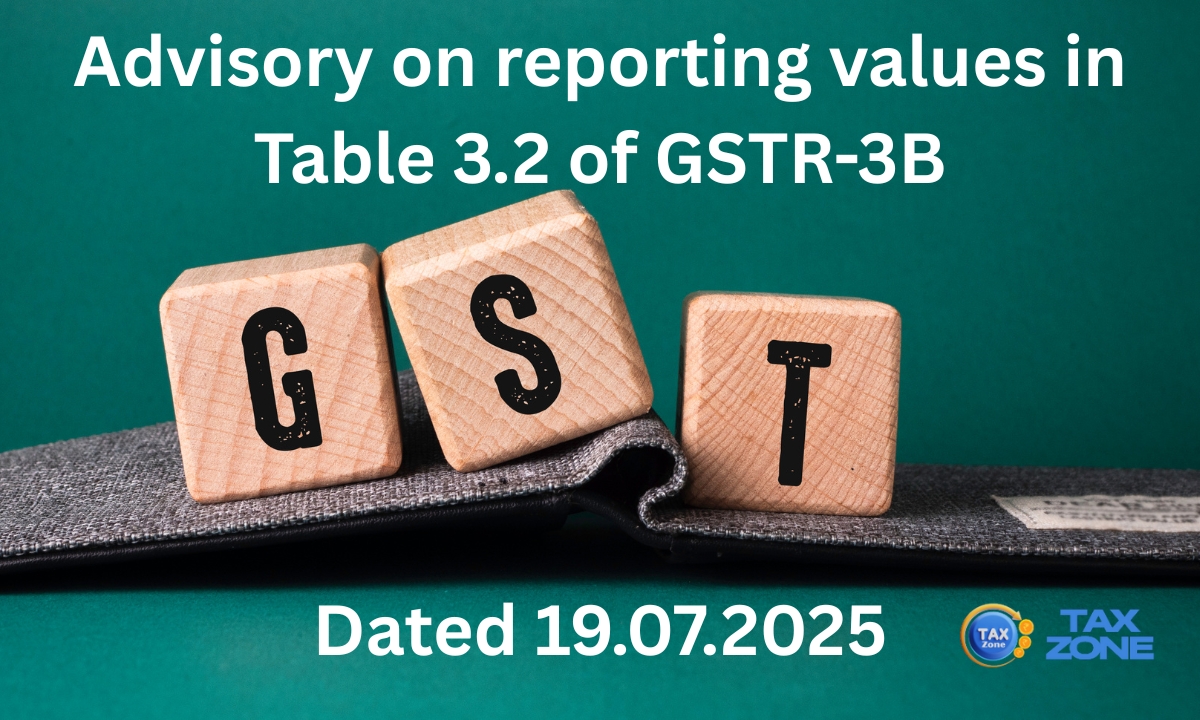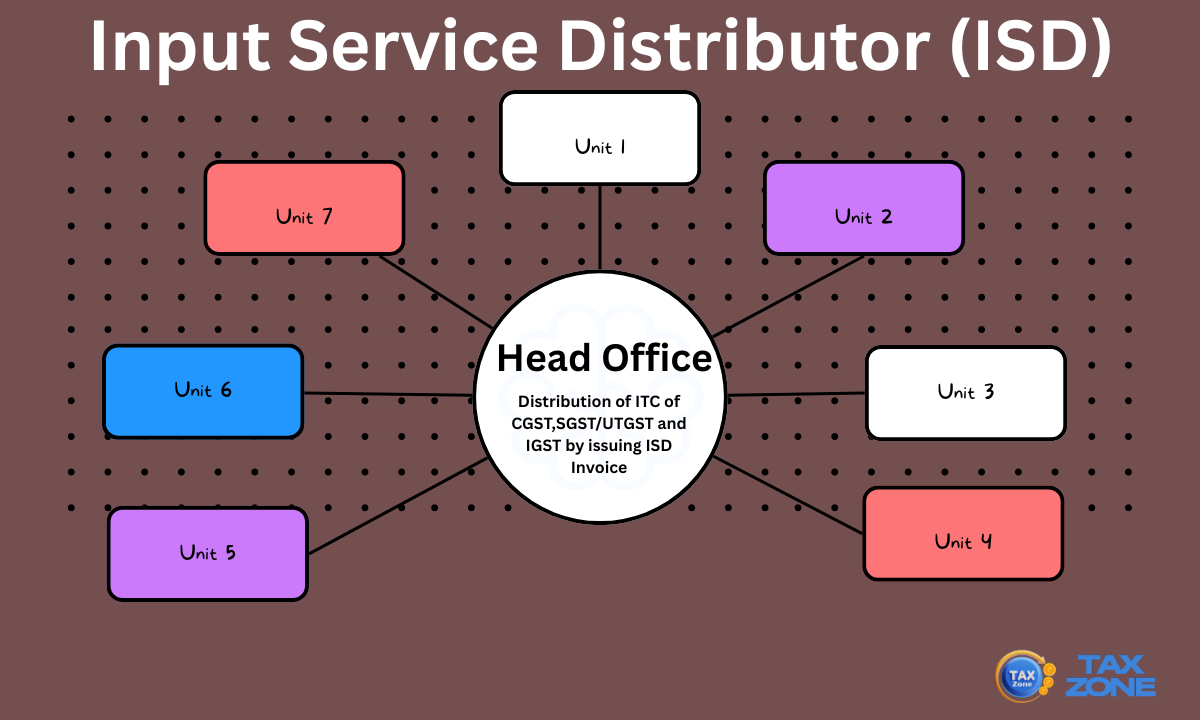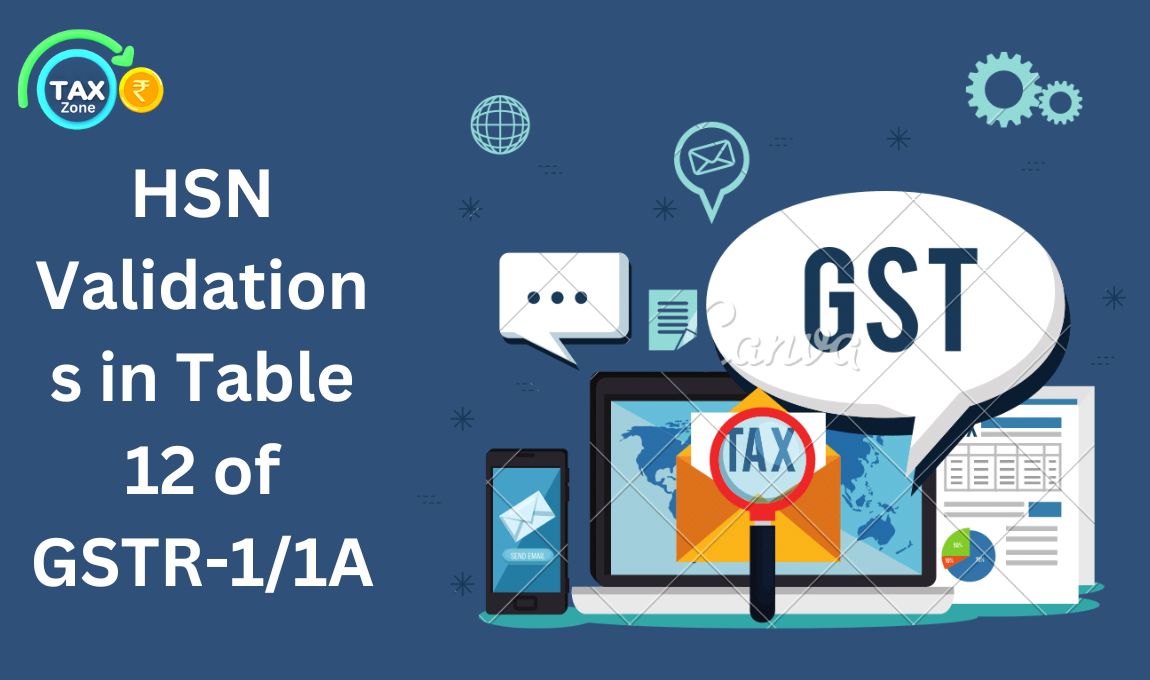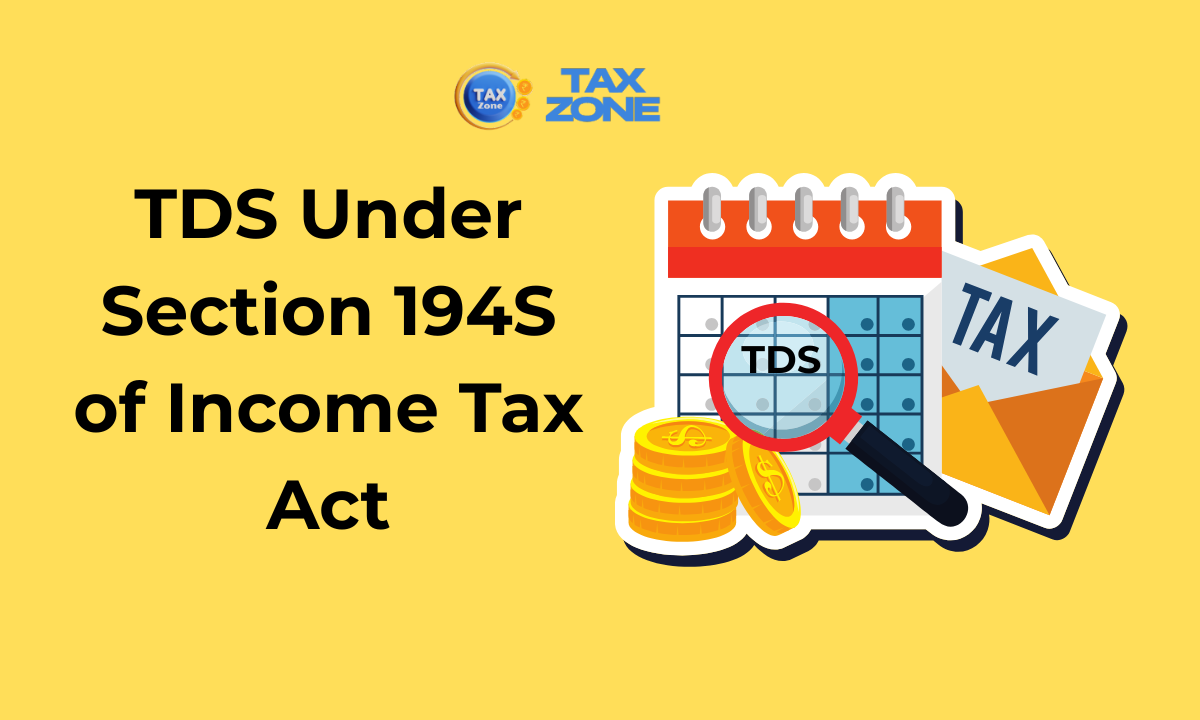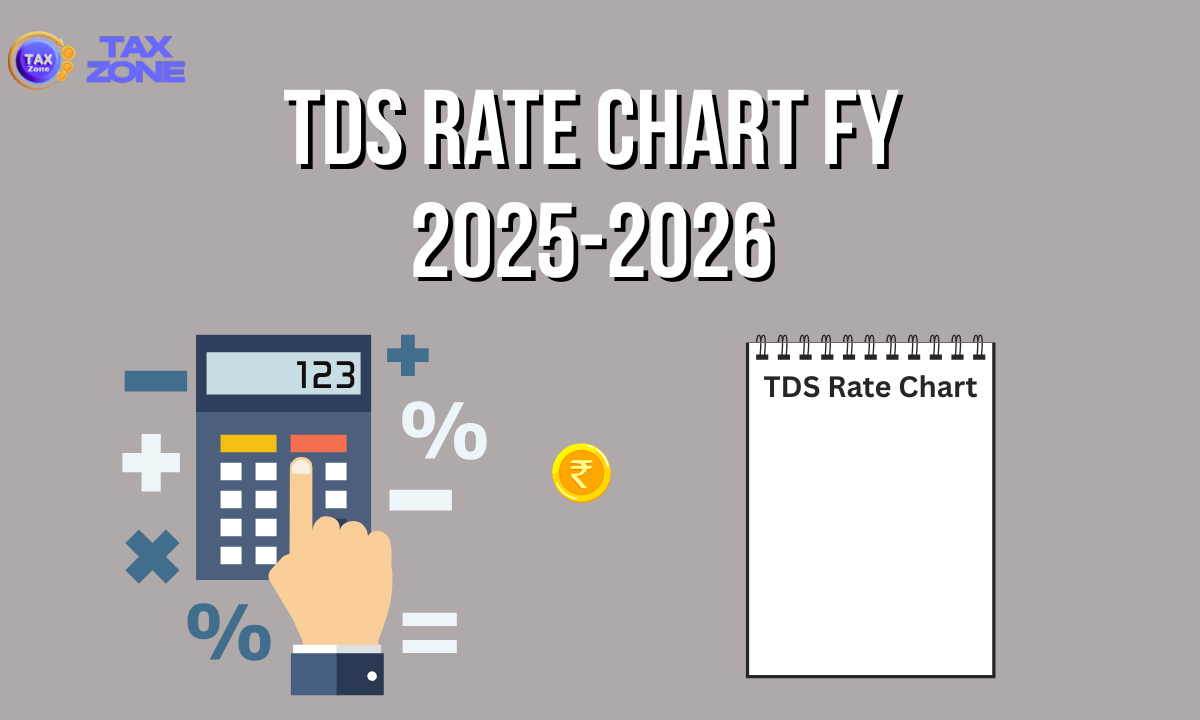Introduction
On 8th October 2024, the Central Board of Indirect Taxes and Customs (CBIC) issued Notification No. 09/2024-Central Tax (Rate). This notification amends an earlier notification, bringing significant changes to the taxation of services under the Central Goods and Services Tax (CGST) Act, 2017. Specifically, it addresses the reverse charge mechanism (RCM) for the renting of commercial properties by unregistered persons.
Key Amendment
The notification inserts a new serial number “5AB” in the table of services under the CGST Act. According to this amendment:
- Service Description: Renting of any property other than residential dwelling.
- Taxpayer Responsibility: When an unregistered person provides this service to a registered person, the recipient (registered person) becomes liable to pay GST under the reverse charge mechanism.
- Effective Date: This change comes into effect from 10th October 2024.
Practical Example
Let’s assume Mr. A, an unregistered individual, rents a commercial office space to XYZ Pvt. Ltd., a GST-registered company. Previously, Mr. A would not be responsible for charging or remitting GST due to his unregistered status. With this notification, however, XYZ Pvt. Ltd. (the registered entity) must now account for and pay the GST under RCM.
Impact on Businesses
This change is designed to close tax loopholes in the commercial real estate sector, where unregistered persons could previously avoid collecting and remitting GST. Now, GST collection is shifted to the registered recipient of the service, ensuring tax compliance and preventing revenue leakage.
Who Needs to Comply?
Any registered business that rents commercial properties from unregistered landlords needs to start paying GST on those transactions under RCM.
Example with Amount and Different Scenarios:
Let’s explore Notification No. 09/2024-Central Tax (Rate) with a detailed example involving rental transactions, covering both registered and unregistered persons, and how GST is applied under the Reverse Charge Mechanism (RCM).
Case 1: Renting by an Unregistered Person to a Registered Person
Scenario:
- Mr. A (Unregistered) rents a commercial property to XYZ Pvt. Ltd. (Registered under GST).
- Monthly Rent: ₹1,00,000
- GST Rate on commercial property renting: 18%
Before Notification No. 09/2024:
- Mr. A is not registered under GST and was not required to collect or remit GST, leading to potential revenue leakage.
After Notification No. 09/2024 (Effective 10th October 2024):
- Under the new rule, XYZ Pvt. Ltd. becomes responsible for paying GST under the RCM. This means:
- Rent paid: ₹1,00,000
- GST payable under RCM: ₹1,00,000 * 18% = ₹18,000
- Total GST liability for XYZ Pvt. Ltd.: ₹18,000 (which XYZ will pay directly to the government).
Accounting Treatment for XYZ Pvt. Ltd.:
- XYZ Pvt. Ltd. will pay ₹1,00,000 rent to Mr. A.
- XYZ Pvt. Ltd. will file and pay ₹18,000 GST to the government under the reverse charge mechanism.
- XYZ Pvt. Ltd. can claim an Input Tax Credit (ITC) of ₹18,000, offsetting this against future GST liabilities.
Case 2: Renting by an Unregistered Person to Another Unregistered Person
Scenario:
- Mr. A (Unregistered) rents a commercial property to Mr. B (also Unregistered).
- Monthly Rent: ₹75,000
- GST Rate: 18%
Before and After Notification No. 09/2024:
- Since both parties are unregistered, GST does not apply to this transaction, and no one is required to collect or pay GST.
- This scenario remains unaffected by Notification No. 09/2024.
Case 3: Renting by a Registered Person to Another Registered Person
Scenario:
- XYZ Pvt. Ltd. (Registered under GST) rents out a commercial property to ABC Ltd. (Registered under GST).
- Monthly Rent: ₹1,50,000
- GST Rate: 18%
GST Application:
- In this case, XYZ Pvt. Ltd., being a registered entity, will issue an invoice with GST and collect the GST from ABC Ltd.
- Rent paid: ₹1,50,000
- GST collected: ₹1,50,000 * 18% = ₹27,000
- Total Amount Paid by ABC Ltd.: ₹1,50,000 + ₹27,000 = ₹1,77,000
- GST Filing by XYZ Pvt. Ltd.: XYZ will remit the ₹27,000 to the government.
- Input Tax Credit (ITC): ABC Ltd. can claim the ₹27,000 as an ITC to reduce its future GST liabilities.
Case 4: Renting a Residential Property
Scenario:
- Mr. A (Unregistered) rents a residential property to Mr. C (Registered under GST but using it as a personal residence).
- Monthly Rent: ₹50,000
Application of GST:
- Since the property is used for residential purposes, no GST is applied, regardless of the registration status of the landlord or tenant. Residential properties are exempt from GST.
Key Takeaways from Notification No. 09/2024:
- Impact on Unregistered Persons: Unregistered landlords of commercial properties no longer escape GST compliance when renting to registered tenants. The tax burden shifts to the registered tenant under the reverse charge mechanism.
- Increased Compliance for Registered Persons: Registered entities renting commercial spaces from unregistered landlords must now account for the GST liability themselves.
- No Impact on Residential Rentals: The exemption for residential properties continues, ensuring that this change only affects commercial rentals.
Conclusion
The new amendment under Notification No. 09/2024 aims to enhance tax compliance within the commercial rental sector. By enforcing GST under the reverse charge mechanism, the government ensures better revenue collection and reduces tax evasion. Businesses renting commercial spaces from unregistered persons must update their accounting practices to reflect this change.

